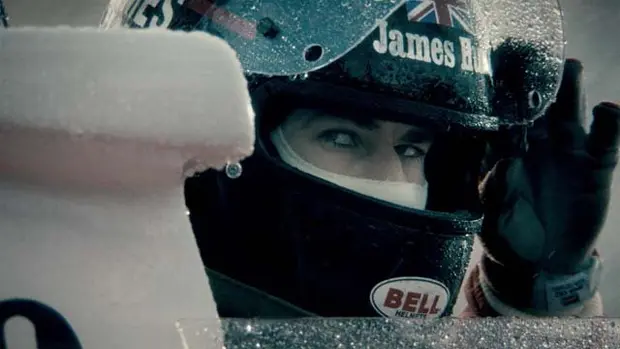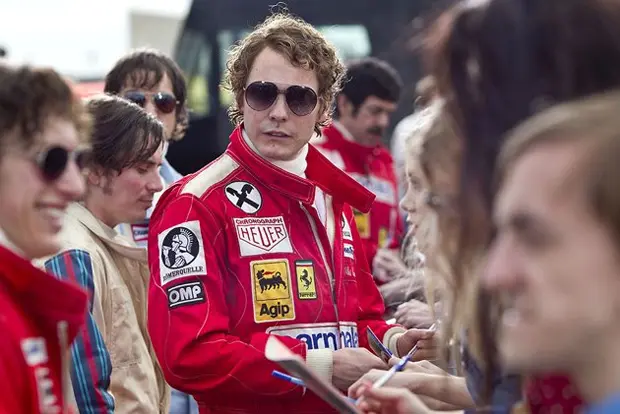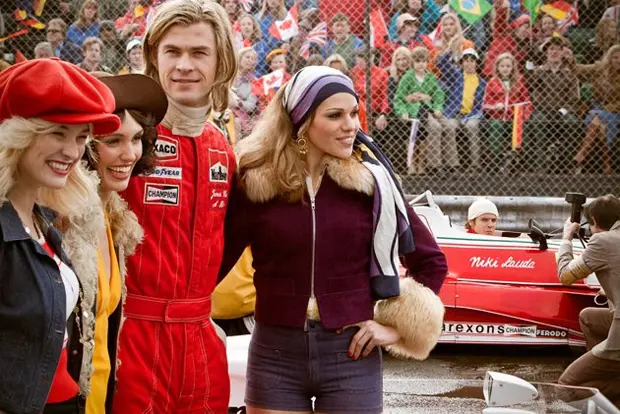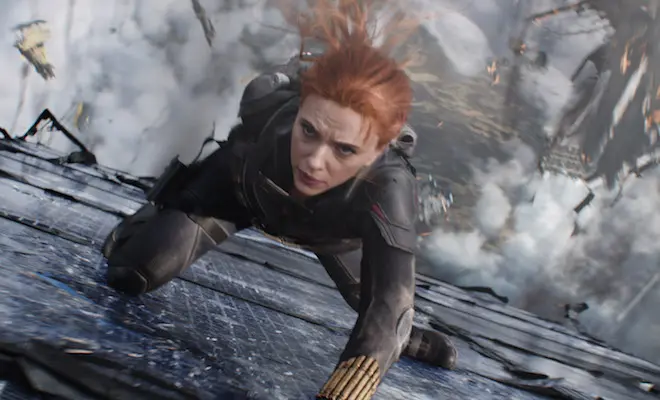 I grew up in Indianapolis, Indiana, home of the Indianapolis 500, the “Greatest Spectacle in Racing.” As a kid, I followed open-wheeled CART racers and later Indycar (IRL), rooting each May for my favorite drivers. I could name sponsors and track speeds for my favorites, and can clearly remember as a nine-year old boy standing on pit row at the Indianapolis Motor Speedway screaming at Rick Mears, my favorite driver, for autographs. I was only a casual racing fan then and I never really got into the Formula 1 circuit. It was foreign to me and before the age of Internet, news of F1 was scarce, especially in the land of the venerable Indy 500.
I grew up in Indianapolis, Indiana, home of the Indianapolis 500, the “Greatest Spectacle in Racing.” As a kid, I followed open-wheeled CART racers and later Indycar (IRL), rooting each May for my favorite drivers. I could name sponsors and track speeds for my favorites, and can clearly remember as a nine-year old boy standing on pit row at the Indianapolis Motor Speedway screaming at Rick Mears, my favorite driver, for autographs. I was only a casual racing fan then and I never really got into the Formula 1 circuit. It was foreign to me and before the age of Internet, news of F1 was scarce, especially in the land of the venerable Indy 500.
I’m very quickly learning that I may have missed something incredible.
In the new film, Rush, Chris Hemsworth (Thor) and Daniel Bruhl (Inglorious Basterds) play James Hunt and Niki Lauda, two giants of the Formula 1 racing circuit in the mid-70s. The rivalry (and friendship) of these two men was legendary, culminating in the exciting 1976 Formula 1 championship battle that the two waged as the world looked on mesmerized.
F1 drivers were considered the gladiators of their day; racing cars were designed for speed and not safety. Death loomed over every race, and as Lauda says in the beginning of the film, “Thirty drivers will start the season, and two won’t live to see the end of it.” Lauda and Hunt were the Larry Bird and Magic Johnson of racing. Competitors on the track–sometimes fiercely–and respected colleagues off the racing surface.

Rush is a great introduction to the two men, and the sport as a whole. Director Ron Howard and screenwriter Peter Morgan have crafted a pulse-pounding tale that transcends the actions of the racetrack and tries to show Lauda and Hunt as men–as humans–when they are not strapped into their cars. The story weaves forward, giving each man his due, including dedicated character narration, and intersects where it needs to during confrontations and races–especially as the fabled 1976 championship begins and races towards its fantastic conclusion in Tokyo.
The audience is privy to each man’s attempt at finding love off the track, even though any woman in their lives would always come second to the cars they drove. Olivia Wilde plays model Suzy Miller, who was married to Hunt but couldn’t handle his racer’s heart. Alexandra Maria Lara plays Marlene Lauda, a woman who fully understands that she will be secondary in her man’s life and accepts it. Both roles, while slightly underdeveloped, work on a level to show that Hunt and Lauda were so focused on racing that even two incredibly beautiful women couldn’t even hold their attention. I assume this was director Howard’s intention.
Hemsworth is perfect as James Hunt. A good-looking, playboy-racer, whose love of booze and women nearly equaled his love of going fast. It’s not until Lauda comes into the picture that Hunt is forced to concentrate on actual racing and this is where the character–and Hemsworth–really shine.

As good as Hemsworth is as Hunt, Daniel Bruhl is better as Lauda. Wearing a prosthetic mouthpiece and speaking with a staccato German accent, Bruhl truly becomes Niki Lauda. During the end credits, as photos and footage of the real Lauda are shown, the audience gets to see how well Bruhl nailed this performance. If there is not a nomination in his future, I will be incredibly shocked.
Ron Howard’s direction is on a whole new level in Rush. In fact, I will gladly say that this is Ron Howard’s best, most complete film. The racing scenes are white-knuckle intense–without using all the usual racing tropes like close-ups of wheels spinning out and jerky edits of the racers in the driver’s seat. These tropes are still used, but not ad nauseum, which is a testament to Howard’s deft hand. Also, whenever possible, actual race footage is used, especially during race replays on TV. The decision to do this shows confidence in what was filmed to be so easily compared to what really happened.
Also, I had no idea how the 1976 F1 championship played out before going into the film. I can say with zero hyperbole that I did not breathe at all during the last few laps of the last race in the circuit–the race that decided the championship. The way that Howard built up to this moment worked on every level, and as I was catching my breath after the fact, I reveled in the notion that a film made me feel this way. It’s been a long time since I had felt that kind of heart-pounding intensity from a movie. Major kudos to Ron Howard and his cast and crew.

Rush is a fascinating look at the world of Formula 1 racing, focused on the age when the sport was arguably at its highest and most intense. The rivalry between James Hunt and Niki Lauda is the perfect fuel for a film like this, and thanks to some incredible writing, acting and directing, Rush should be speeding towards awards season in high gear and should capture a few checkered flags.
Rush is rated R and opens nationwide on September 27, 2013.


